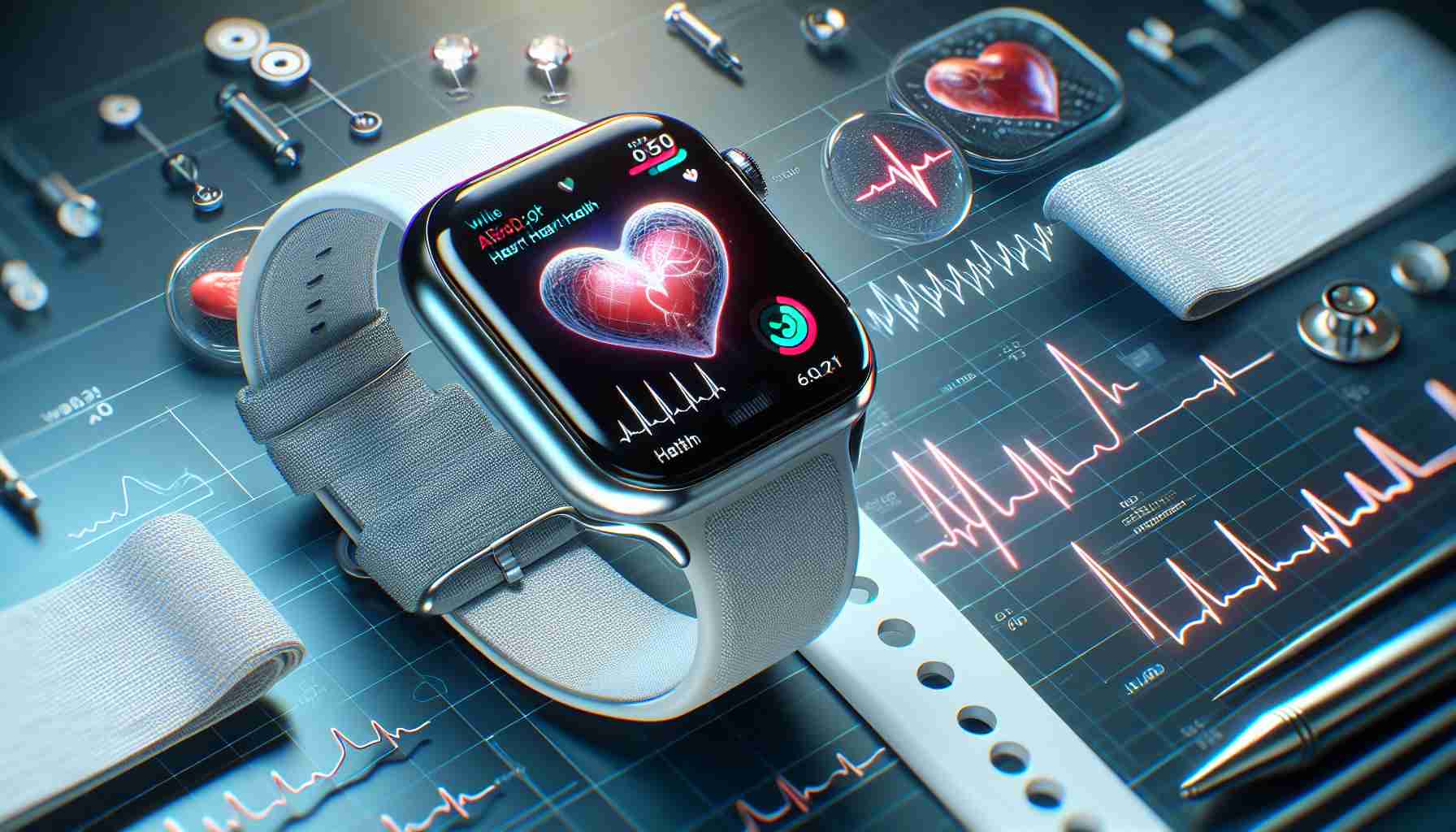The Apple Watch, a versatile tool renowned for its health monitoring capabilities, has recently gained new recognition in the medical field. The device’s atrial fibrillation tracking feature has become eligible to participate in the FDA’s Medical Device Development Tools program, marking a significant milestone for consumer technology in health care research.
Clinical trials focusing on cardiac health can now leverage data from the Apple Watch to estimate the duration patients experience atrial fibrillation. This development positions the smartwatch as an innovative, noninvasive tool for gathering valuable patient information pre- and post-cardiac treatment. These trials typically assess the performance of cardiac ablation devices intended to treat irregular heart rhythms.
Apple has consistently highlighted the life-saving impact of its watch, which offers various health-related alerts, including fall and car crash detection. These features have reportedly encouraged users to seek medical attention for potentially serious conditions, thereby demonstrating the device’s preventative health benefits. Nonetheless, Apple cautions that excessive health data could inadvertently cause unnecessary stress for some users.
The FDA has previously approved select Apple Watch features, such as its ability to perform an electrocardiogram and detect irregular heartbeats from Series 4 onwards. However, it emphasizes that these functions supplement rather than supplant traditional health care practices. Users are reminded that in case of health concerns, the advice of medical professionals remains paramount. The watch itself is not a diagnostic tool, and indeed, past studies have suggested that typical Apple Watch users may not align with those who would benefit most from treatments the smartwatch can detect.
Most Important Questions and Answers
1. How does the Apple Watch contribute to clinical research for heart health?
The Apple Watch contributes by providing data on atrial fibrillation (AFib), which can inform clinical trials on cardiac health. Its ability to monitor and estimate the duration of AFib episodes offers researchers noninvasive access to patient data for assessing cardiac treatments.
2. Are the heart monitoring features of the Apple Watch reliable?
The FDA has cleared certain features, like ECG and irregular heartbeat notifications, indicating reliability for those purposes. However, they are not substitutes for professional medical diagnostics and treatment.
3. What are the challenges or controversies associated with the Apple Watch in health care research?
A challenge includes ensuring data accuracy and privacy. There’s also controversy over potential over-reliance on wearable tech for health monitoring and the possibility of causing anxiety among users due to constant health data tracking.
Advantages and Disadvantages
Advantages:
– The use of the Apple Watch in health care research provides a convenient and noninvasive way to collect patient data.
– It offers the potential for early detection of health concerns like AFib, which can lead to timely medical intervention.
– The device has a range of other health-monitoring features (e.g., fall and crash detection) that can enhance user safety.
Disadvantages:
– There is a risk of data inaccuracy, and wearable technology should not replace professional medical diagnosis and care.
– There could be privacy concerns regarding the handling of sensitive health data collected by the device.
– The constant monitoring may lead to user anxiety and stress regarding their health.
For those interested in learning more about the Apple Watch and its health-related capabilities directly from the source, visit Apple’s official site at Apple.
